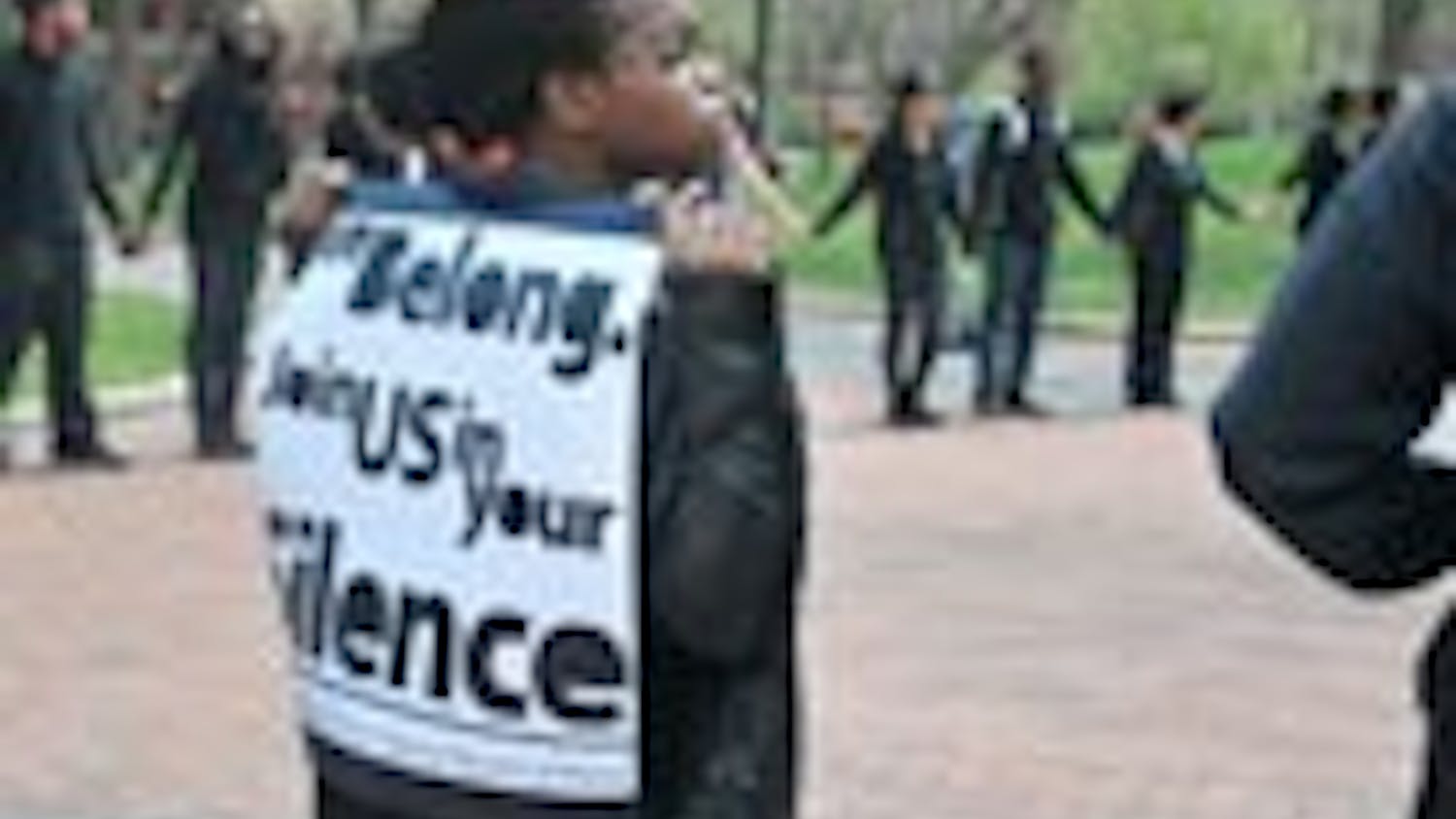I hope the unifying power of bin Laden's death will mark a new era for the nation’s political culture.
-
Opinion Columns
- Opinion Columns
- Staff Editorials
- Guest Columns
- Opinion Submissions
In his farewell column, former Sports Photo Editor Pete Lodato writes about the unique perspective of Penn he's gotten from behind the lens.
In his farewell column, former columnist Evan Medina refuses to believe that his life has officially peaked at the ripe old age of 22.

Farewell Column by Jessica Goldstein | It’s always sunny in Philadelphia
Former columnist Jessica Goldstein writes a farewell column reminiscing about her first tour of Penn and how she immediately liked the school.
In his farewell column, former Sports Photo Editor Pete Lodato writes about the unique perspective of Penn he's gotten from behind the lens.
In his farewell column, former columnist Evan Medina refuses to believe that his life has officially peaked at the ripe old age of 22.
You may laugh at me for reflecting on my college experience through a lens of sandwiches. But a sandwich is whatever you want it to be — just like Penn.

Farewell Column by Colin Kavanaugh | It’s graduation, Charlie Brown
We all take different paths through Penn. Not only are we not going to be on the same chapter of our lives at the same time, we won’t even be writing the same book.
Farewell columns are invariably self-important and unavoidably pretentious. I’ve been looking forward to writing one for a very long time.
Rather than reminiscing, I thought I’d just share a bunch of mini life lessons from my past four years. Because mini things are better. And they take themselves less seriously.
Remember that the kid with the Penn backpack, Penn folder and Penn T-shirt was once you.
Penn professors would be performing a great service if they incorporated a field trip or two into the typical course structure.
For our response to Christopher Abreu's column to merely be a condemnation of racism confuses the symptom with the disease.
White coats come in different shades, and no one should dissuade future doctors from choosing career paths that make them happy.
Why the exclusivity in senior honor societies? Is it naive to think applications should be open to every student — not just those who have been tapped?
All classes should be about something more than just doing well on the exam. Sure, it sounds simplistic put on paper, but it is a fact frequently overlooked.
Newt Gingrich’s criticism of President Barack Obama's bracket choices speaks to a more pressing issue — people simply expect too much from the president.
When faculty members decide to get involved the University, they have the potential to make immediate changes for the better.
Obviously, you know that no employer wants to see pictures of you at a frat party. But you might be surprised about some other ways Facebook can be used is to judge a candidate.
Respect for women has lately been fleeting and in high-demand at peer institutions — which makes its ubiquity at Penn all the more impressive.

















